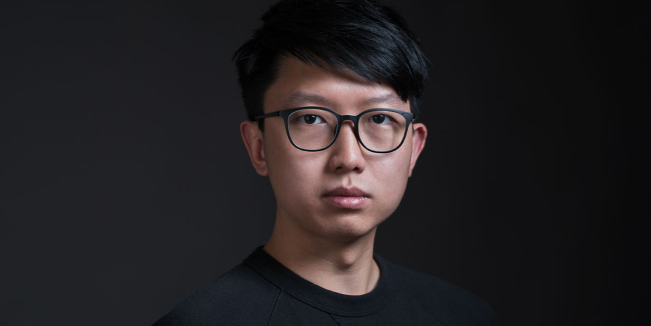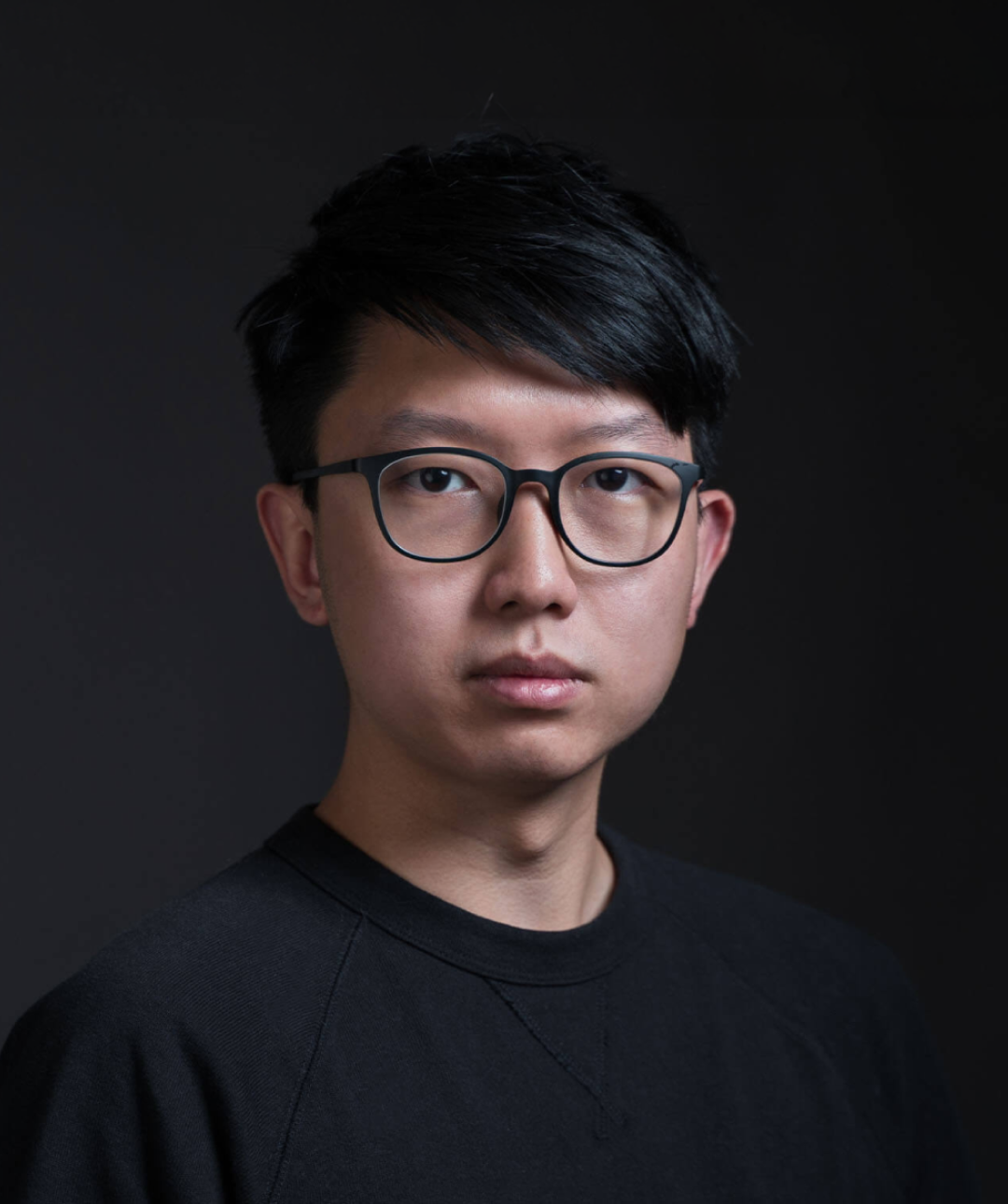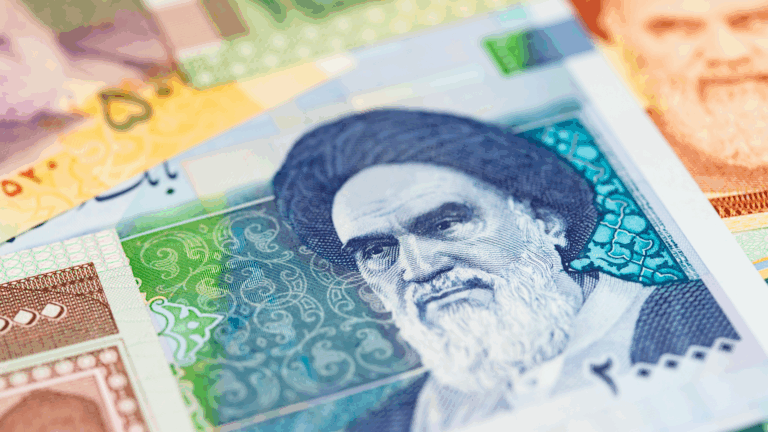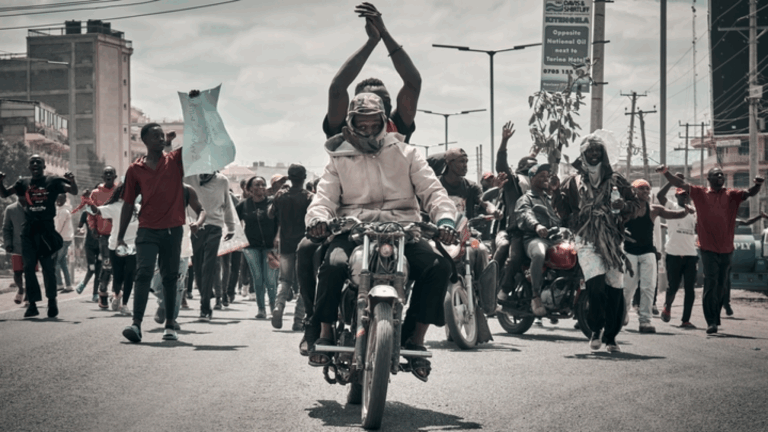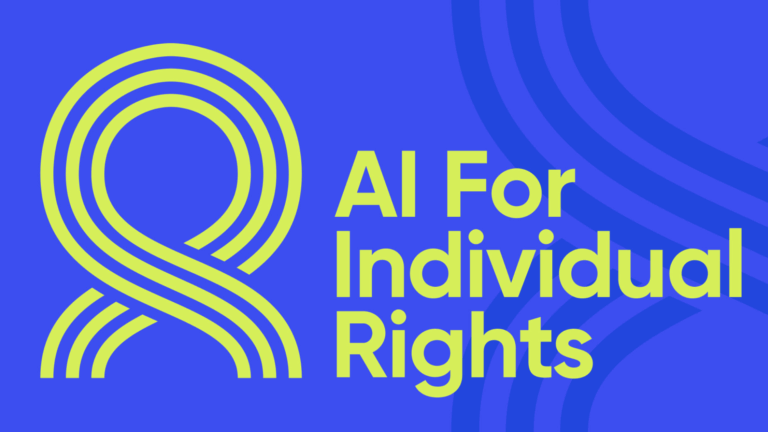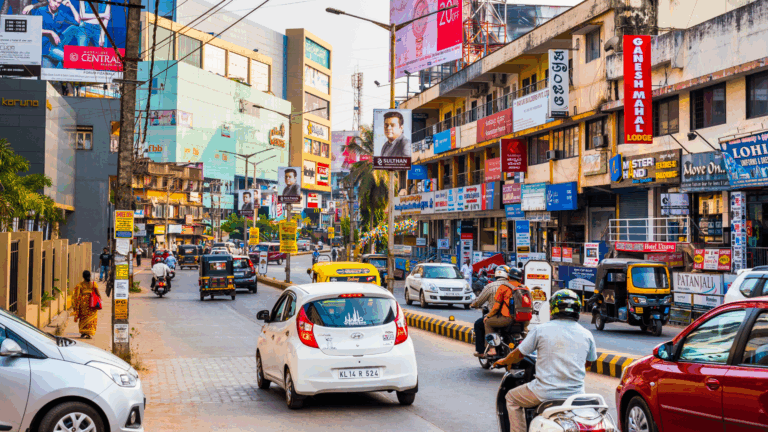As further proof that the Chinese Communist Party isn’t letting up on infringing on Hong Kong’s autonomy and the freedom of its citizens, police on Monday issued arrest warrants for eight overseas Hong Kong activists for offenses such as foreign collusion and incitement to secession under the national security law. The accused are activists Nathan Law, Anna Kwok, and Finn Lau, former lawmakers Dennis Kwok and Ted Hui; lawyer and legal scholar Kevin Yam; unionist Mung Siu-tat; and online commentator Yuan Gong-yi.
HRF spoke to Sunny Cheung, a 2020 party primary nominee and a member of the Hong Kong 47, to discuss the case and what’s going on in the region.


